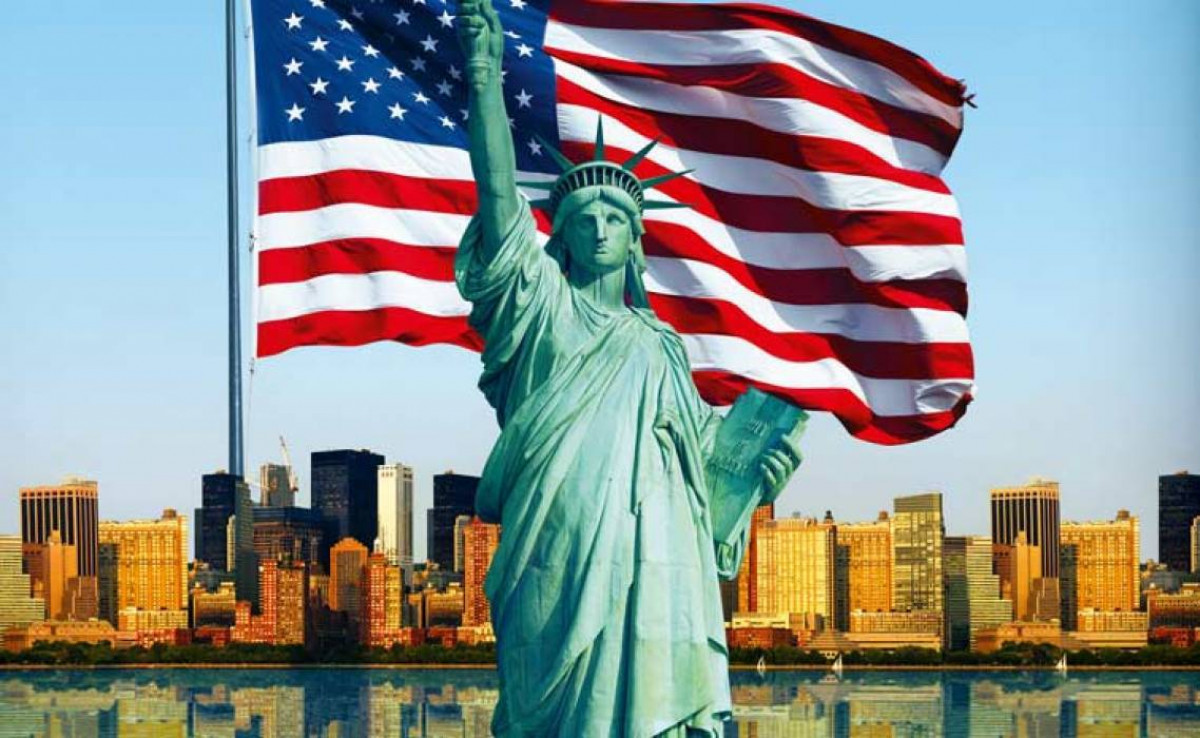 239
239
In a recent column in The Economist titled “The End of American Hegemony,” Fukuyama issued stern warnings to American politicians and policymakers about the country’s deteriorating global position as the United States has weakened and is on the verge of collapse from within on the international stage.
Although various articles and studies have been published on the United States’ deteriorating global stature, most of them have concentrated on US foreign policy and the emergence of major US global rivals such as China and Russia, as well as regional powers such as Iran. However, in a recent article, Fukuyama offers a fascinating and, of course, novel point of view.
In a new piece for The Economist, Fukuyama examines the end of the American hegemonic epoch, the Pax Americana, in a new piece. According to Fukuyama, domestic issues in the United States are the fundamental cause of the country’s imminent social explosion.
Internal social and political disintegration in the United States, according to Fukuyama, is a termite assault on the country’s power systems, which has gravely damaged the country’s very foundation.
Under the current socio-economic conditions, this foundation is always at risk of collapse. Fukuyama seems to be referring to the expanding political and social divides that have formed after Trump’s 2016 victory. Every aspect of Trump’s administration has become a politically polarising topic as a result of his belligerence, as though social isolation in the wake of the COVID-19 epidemic has become a tangible manifestation of American society’s political and social fragmentation.
In this regard, the United States’ rising political and social rift has lasted after Trump’s presidency, with some observers and experts arguing that the country’s political and foreign policy trends have greatly polarised. Everything from critical US foreign policy issues like the Iranian nuclear programme and US ties with rivals like China and Russia to important US policy concerns like tax laws, budget deficits, and even abortion laws have become highly divisive societal challenges, causing tension and dissension among American legislators and political leaders. As a consequence, the political and socioeconomic inequalities in American society have increased dramatically in the last decade, as previously noted.
In several parts of the United States, Trump’s supporters battled against COVID-19 treatment, and these confrontations erupted during the 2020 US presidential election. Following Trump’s election loss, his supporters launched an armed campaign in the streets of Washington, D.C., and several other American cities, culminating in an assault on and seizure of the US Congress building on January 6, a move that severely harmed America’s international reputation as the “beacon of democracy and liberalism.”
Worse still, numerous indicators of social violence in the United States have reached all-time highs. According to “Bernie Sanders,” a well-known Democrat senator from Vermont, over 100,000 Americans overdosed on narcotics in the previous year. And the atrocities have gone unnoticed: death rates have only increased by 30% since last year, a new high in American history.
Moreover, as a result of declining living conditions, an increasing number of Americans are becoming depressed, and given the paucity of federal funding, more communities are in desperate need of social assistance.
The consumer products sector in the United States has experienced significant inflation in recent years, owing primarily to rising energy prices, particularly gasoline. This became such a significant problem for Biden’s administration that he declared it the top priority of his administration in a presidential address.
Apart from the fact that growing countries across the world are challenging the United States’ hegemony, events on the ground around the world and inside the United States demonstrate that the United States is no longer the lone leader in the international arena. Internally, significant societal difficulties have hurt the United States. As a result, thinkers like Francis Fukuyama, who coined the phrase “the end of history” when the former Soviet Union fell apart and declared liberalism to have triumphed over all other international philosophies, now admit that American neoliberalism is on the decline as well, predicting the country’s internal collapse.
Comment
Post a comment for this article